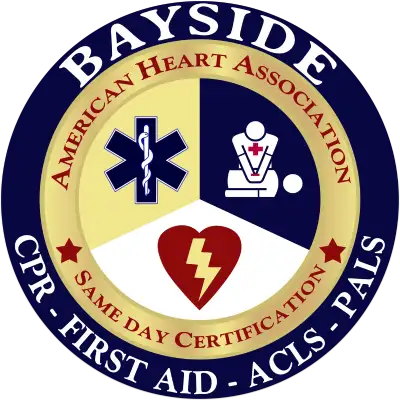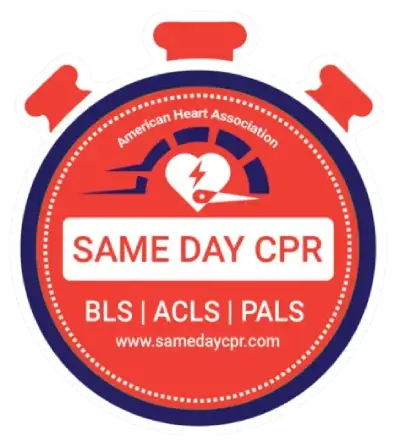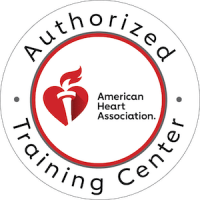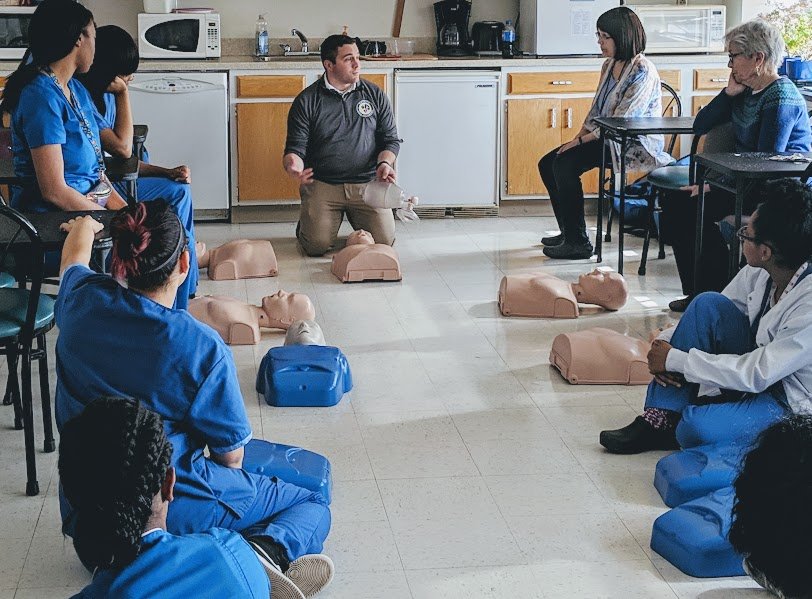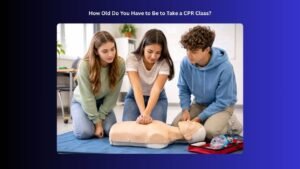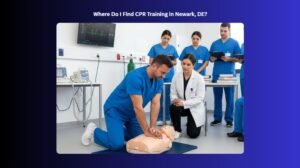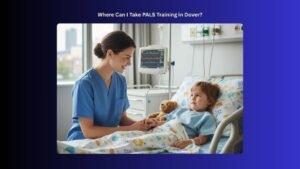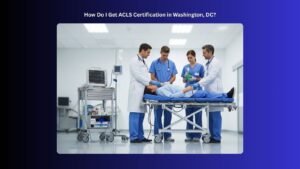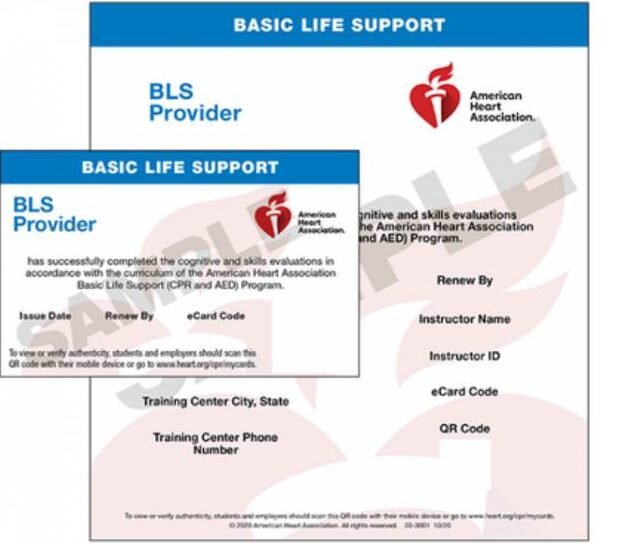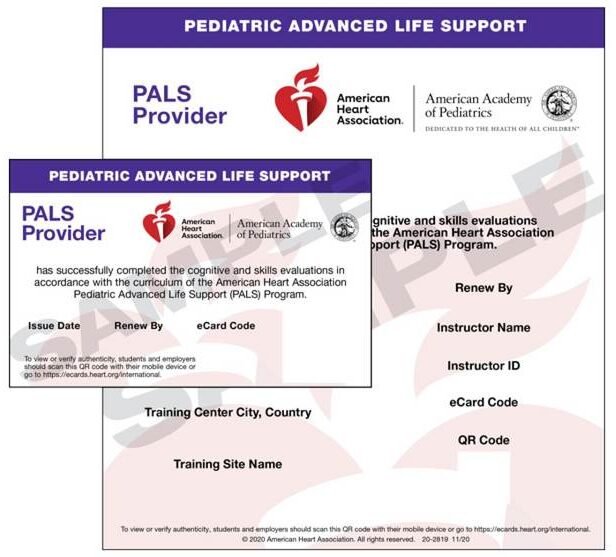Choosing the right CPR certification is an important step, whether you’re a healthcare worker, a teacher, a parent, or someone who simply wants to be prepared in an emergency. At Bayside CPR, we often get asked which is better: online CPR certification or in-person CPR training. Both options have their benefits, and the best choice depends on your learning style, schedule, and goals.
In this guide, we’ll break down the key differences between online and in-person CPR certification so you can make a confident decision.
What is CPR Certification?
CPR (Cardiopulmonary Resuscitation) is a life-saving technique used during cardiac emergencies, like when someone stops breathing or their heart stops beating. A CPR certification shows that you’ve been trained to perform these steps correctly and confidently. It’s often required for jobs in healthcare, childcare, fitness, and education.
Online CPR Certification
Pros:
Convenience and Flexibility
Online CPR courses allow you to study at your own pace and on your own schedule. If you have a busy lifestyle or work odd hours, this options may suit you best. You log in anytime, study from home, and take the exam when you’re ready.
Affordable
Many online programs are more cost-effective than in-person classes. You save money on travel, parking, and sometimes even course materials.
Quick Access
Most online CPR provider offer immediate access to training modules. Some also provide instant certification after you pass the test.
Cons:
No Hands-On Practice
One major drawback is the lack of real-time practice. You may watch videos and complete quizzes, but you won’t get the chance to practice chest compressions or use a manikin under guidance. This can affect your confidence during a real-life emergency.
Not Always Accepted by Employers
Some employers or licensing boards require hands-on CPR training. Always check if your workplace accepts online certifications before enrolling.
In-person CPR Certification
Pros:
Hands-On Training
In-person classes give you real experience. You’ll work with CPR dummies, get feedback from certified instructors, and practice life-saving techniques in a controlled environment. This builds your confidence and skill level.
Meets Most Job Requirements
Many industries prefer or require in-person training. Healthcare facilities, schools, and fitness centers often want their staff to be certified through a hands-on course.
Interactive Learning
Being in a classroom allows you to ask questions, learn from others, and receive immediate support. This environment helps many people retain information better.
Cons:
Time Commitment
You’ll need to set aside a few hours on a specific day, which might be difficult if you have a packed schedule.
Higher Cost
In-person classes can be more expensive due to instructor fees, materials, and location rentals.
Which CPR Certification is Right for You?
Ask yourself the following questions:
- Do you need CPR certification for a job? If yes, check whether your employer accepts online certification
- Do you feel comfortable learning a life-saving without practicing it physically?
- Is your schedule too tight for in-person classes?
- Are you preparing for a role in healthcare or emergency response? If so, in-person is often preferred or required.
Bayside CPR offers the Best of Both Worlds
At Bayside CPR, we offer both online and in-person CPR certification options to meet your needs. Whether you’re looking for the convenience of learning at home or want hands-on training with an experienced instructor, we’ve got you covered.
- Online Courses: Ideal for general knowledge and non-clinical settings.
- Blended Learning: Start online, then complete a short in-person session to practice skills.
- In-person Classes: Held regularly at our local training center with certified instructors.
We are here to help you gain the skills and confidence to save a life.
Final Thoughts
In summary, the best CPR class is the one that fits your life and helps you feel ready to act. Online courses work well if you need speed and flexibility, while in-person classes give you real practice and guidance. Think about your goals, your time, and what your job may require. When you choose a path that feels right, you take an important step toward helping others in an emergency.
Bayside CPR offers a convenient hybrid training model, online coursework followed by a 30-minute in-person skills evaluation at over 60 locations. Get AHA Standard certified in ACLS, BLS, PALS, CPR, or First Aid and leave the same day fully certified and prepared to respond.
